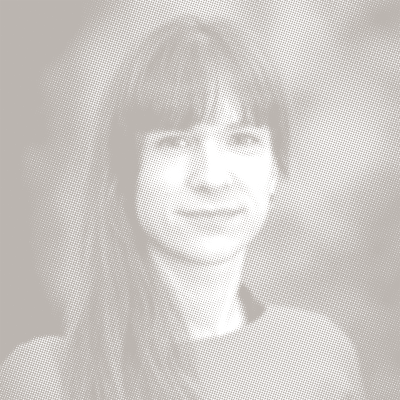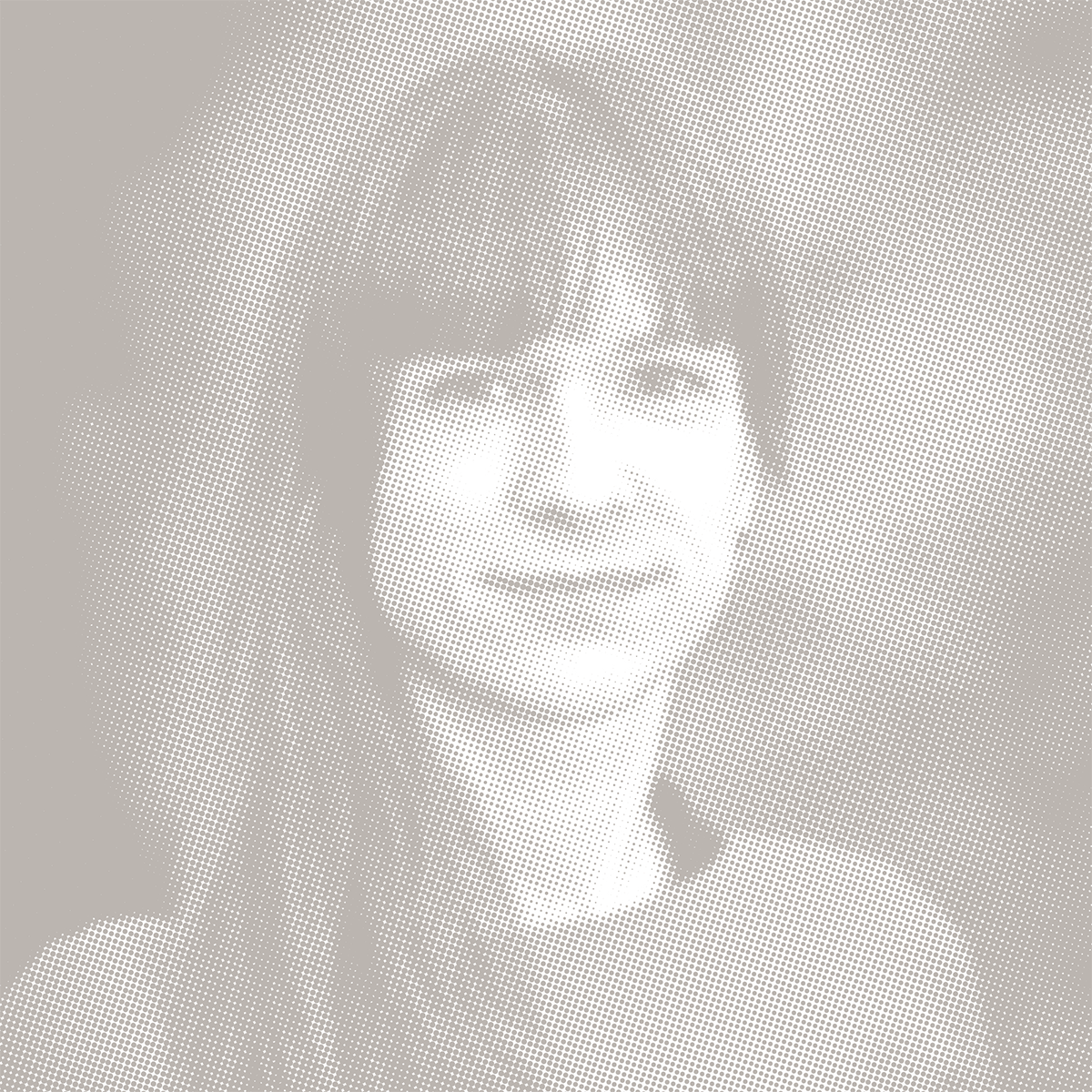
Veronika Pehe is researcher at the Institute for Contemporary History of the Czech Academy of Sciences (ICH). She is a cultural historian specializing in Central and Eastern Europe and leads the Research Group for Historical Transformation Studies at the ICH. Her work focuses on the history of postsocialism and economic transformations; memory and memory politics; film and popular culture.

Veronika Pehe is researcher at the Institute for Contemporary History of the Czech Academy of Sciences (ICH). She is a cultural historian specializing in Central and Eastern Europe and leads the Research Group for Historical Transformation Studies at the ICH. Her work focuses on the history of postsocialism and economic transformations; memory and memory politics; film and popular culture.
Appointments and fellowships
■ Principal Investigator Research Group for Historical Transformation Studies, Institute for Contemporary History, Czech Academy of Sciences
January 2023 – December 2027
■ Research Associate, Institute for Contemporary History, Czech Academy of Sciences
July 2022 –
■ Marie Sklodowska-Curie Fellow, Institute for Contemporary History, Czech Academy of Sciences
February 2018-June 2022
■ Research Associate, Oral History Centre, Institute for Contemporary History, Czech Academy of Sciences
January 2017-January 2018
■ Max Weber Post-Doctoral Fellow, European University Institute, Florence
September 2016-August 2017
■ Jan Patočka Junior Visiting Fellow, Institute for Human Sciences, Vienna
January-June 2015
■ Visiting Assistant in Research, Yale University
Department of Comparative Literature, August-November 2013
Education
2012 – 2016
■ School of Slavonic and East European Studies, University College London (UCL-SSEES)
PhD in Cultural History; thesis on the cultural memory of the socialist past in the Czech Republic (defended June 2016)
2010 – 2011
■ University College London
MA in Comparative Literature
2007 – 2010
■ King’s College London
BA Comparative Literature with Film Studies
Publications
Monographs
■ Veronika Pehe – Joanna Wawrzyniak, eds. Remembering the Neoliberal Turn: Economic Change and Collective Memory in Eastern Europe after 1989. London: Routledge 2023.
■ Velvet Retro: Postsocialist Nostalgia and the Politics of Heroism in Czech Popular Culture. New York: Berghan Books, 2020.
Articles &
book chapters
■ Marta Edith Holečková – Veronika Pehe, “Anatomie jedné další zdrženlivosti. Dokumenty Charty 77 k zemím třetího světa”. Soudobé dějiny XXX, no. 2 (2023): 414-442.
■ Veronika Pehe – Joanna Wawrzyniak, “Neoliberalism, Eastern Europe and collective memory: Setting the framework”, in Remembering the Neoliberal Turn: Economic Change and Collective Memory in Eastern Europe after 1989, ed. Veronika Pehe and Joanna Wawrzyniak. London: Routledge 2023, 1-18.
■ “Privatization comedies as media of memory of the Czech(oslovak) economic transformation”, in Rememberin
■ “Poking Fun at the Transformation: Postsocialist TV Satire in the 1990s”, VIEW Journal of European Television History and Culture 11, no. 22 (2022): 7–22. DOI: 10.18146/view.264
■ DE LEEUW, Sonja – MUSTATA, Dana – PEHE, Veronika, “Editorial”, VIEW Journal of European Television History and Culture 11, no. 22 (2022): 1–4. DOI: 10.18146/view.309
■ ‘Commodifying postsocialist cinema: filmmakers and the privatization of the Polish and Czech film industry after 1989’, Journal of Contemporary Central and Eastern Europe. 30, no.1 (2022): 11-26. doi: 10.1080/25739638.2022.2044617.
■ (With Vítězslav Sommer). ‘Introduction: Historicizing postsocialist privatization at the juncture of the cultural and the economic’, Journal of Contemporary Central and Eastern Europe. 30, no.1 (2022): 1-9. doi: 10.1080/25739638.2022.2044618.
■ “The Entrepreneur in ‘Transformation Cinema’: Representing the Economic Changes of the 1990s in Poland, Czech Republic, and Slovakia.” East European Politics and Societies 36, no. 2 (2022): 446- 464. doi.org/10.1177/0888325420980155.
■ ‘Zlatá devadesátá?’, in Sto studentských evolucí. Vysokoškolští studenti roku 1989. Životopisná vyprávění v časosběrné perspective, ed. Miroslav Vaněk et al. (Prague: Academia, 2019), pp. 185-222.
■ ‘The Wild 1990s: “Transformation Nostalgia” Among the Czech Student Generation of 1989’, East Central Europe 46, no. 1 (2019), pp. 111-134.
■ ‘Authenticating the Past: Archives, Secret Police, and Heroism in Contemporary Czech Representations of Socialism’, in Perceptions of Society in Communist Europe: Regime Archives and Popular Opinion, ed. Muriel Blaive (London: Bloomsbury Academic, 2018), pp. 207-222.
■ ‘The Colours of Socialism: Visual Nostalgia and Retro Aesthetics in Czech Film and Television’, Canadian Slavonic Papers/Revue Canadienne des Slavistes 57, no. 3-4 (2015), pp. 239-253.
■ ‘Drobné hrdinství: vzdor jakožto předmět nostalgie v díle Petra Šabacha a Michala Viewegha’ [Petty Heroism: Resistance as an Object of Nostalgia in the Work of Petr Šabach and Michal Viewegh], Česká literatura 63, no. 3 (2015), pp. 419-434.
■ ‘Retro Reappropriations. Responses to “The Thirty Cases of Major Zeman” in the Czech Republic’, VIEW: Journal of European Television History and Culture 3, no. 5 (2014), pp. 100-107.
Other
publications
■ Book Review: Kristen Ghodsee, Mitchell Orenstein, Taking Stock of Shock. Social Consequences of the 1989 Revolutions, Střed – Centre 14, no. 1 (2022): 118-121.
■ “Transforming Worlds of Work. Post-1989 Privatization in Poland through the Eyes of Factory Workers”. Soudobé dějiny/ Czech Journal of Contemporary History 28, no. 3 (2021): 791-797.
■ ‘Book Review: Subverzní adaptace’, Česká literatura, 66, no. 3 (2018), pp. 463-467
■ ‘Book Review: Jonathan Larson, Critical Thinking in Slovakia After Socialism’, Slavonic and East European Review 94, no. 3 (2016), pp. 576-578.
■ ‘Book Review: David Williams, Writing Postcommunism: Towards a Literature of the East European Ruins’, Central Europe, 14, no. 1 (2016), pp. 83-85.
■ ‘Diasporic Terrorism’ [Report on Zygmunt Bauman’s lectures in Vienna], IWM Post 116, Fall/Winter 2015, p. 13
■ ‘Book Review: Jan Čulík (ed.), National Mythologies in Central European TV Series: How J.R. Won the Cold War’, Central Europe 13, no. 1-2 (2015), pp. 125-126.
■ ‘Foreword’ to Michal Viewegh, Bliss Was it in Bohemia (London: Jantar Publishing, 2015).
■ ‘An Artificial Unity? Approaches to Post-Socialist Nostalgia’, Tropos 1, no. 1 (2013), pp. 6-13.
■ ‘Book Review: Jiří Hájíček, Rustic Baroque’, Central Europe 11, no. 1 (2013), pp. 76-77.
■ ‘Book Review: Michal Pullmann, Konec experimentu: přestavba a pád komunismu v Československu’, Central Europe 10, no. 2 (Autumn 2012), pp. 152-153.
■ ‘Book Review: Kristen Ghodsee, Lost in Transition: Ethnographies of Everyday Life After Communism’, Slovo 24, no. 1 (2012), pp. 61-62.
Conferences
■ Industries, Institutions and Everyday Cultures in Transformation.
Workshop co-organizer, 23 October 2020. Institute of Contemporary History of the Czech Academy of Sciences (online).
■ Genealogies of Memory. Myths, Memories and Economies: Postsocialist Transformations in Comparison
Conference co-organizer, 28-30 October 2019, Warsaw, Poland
■ From Josef K. To Lustration: Bureaucracy in Central Europe
Conference co-organizer, 23-24 February 2017, New York University Prague
■ Sounding Czech: Towards an Aural History of Bohemia and Moravia
Conference co-organizer, 18-19 September 2015, New York University Prague
■ UCL-SSEES 13th International Postgraduate Conference
(19-21 February 2013)
Organizational Committee Member
Media
appearances
■ Interview for the podcast Kolaps by A2larm about Czechoslovak cinema of the 1990s, August 2021
■ Interview with Jill Massino on New Books Network about Velvet Retro, June 2021
■ Interview on the “Salon B” podcast by Berghahn Books about Velvet Retro, April 2021
Journalism
Contributed to: A2; A2larm.cz; The Conversation; Dissent Magazine; Krytyka Polityczna; PoliticalCritique.org; Literární noviny; Salon Práva; Kwartalnik Przekrój; Český rozhlas Plu